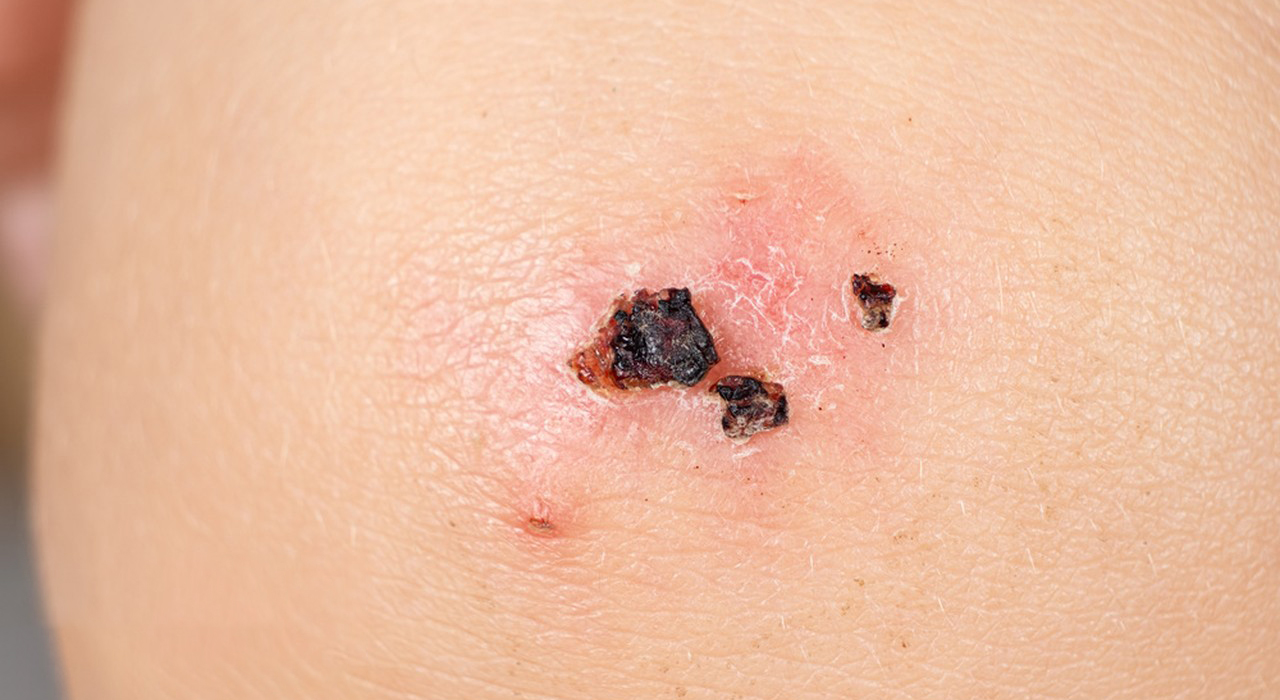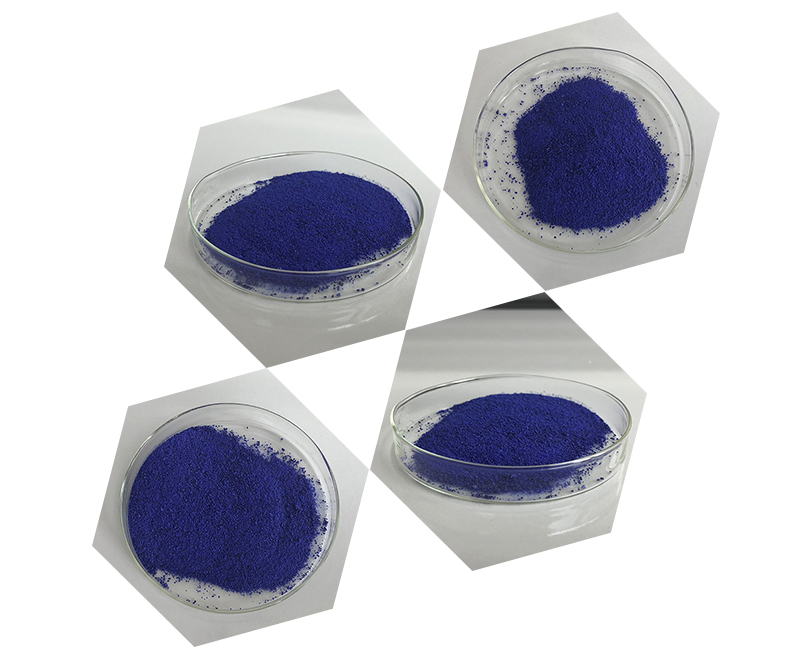Copper peptide is a group of naturally occurring compounds that have gained popularity in skincare due to their potential to promote skin regeneration, enhance collagen production, and improve wound healing. Below is a summary of their effectiveness, side effects, and special considerations:
Effectiveness of Copper Peptide
- Skin Regeneration and Healing: Copper peptides are known to stimulate the production of growth factors that support tissue repair. This makes them effective for enhancing wound healing and reducing the appearance of scars.
- Collagen and Elastin Production: They promote the synthesis of collagen and elastin, two key proteins that maintain the skin’s structure and elasticity. This helps in reducing fine lines, wrinkles, and sagging, making copper peptides a popular ingredient in anti-aging skincare.
- Antioxidant Properties: Copper peptide have antioxidant effects, helping to neutralize free radicals that contribute to skin aging and damage. This can also help protect the skin from environmental stressors, such as UV radiation and pollution.
- Anti-Inflammatory Effects: Copper peptide may reduce inflammation and redness, making them beneficial for conditions like acne or rosacea. They are believed to calm irritation while promoting healing.
- Hair Growth Stimulation: Some studies suggest that copper peptide may promote hair growth by improving blood circulation to the scalp and stimulating hair follicles, which is why they are sometimes included in hair care products targeting hair loss.

Side Effects of Copper Peptide
Copper peptide is generally considered safe for most people when used topically, but like any skincare ingredient, they can cause side effects in some individuals. Potential side effects include:
- Skin Irritation: Some users may experience redness, stinging, or dryness, especially if they have sensitive skin. If irritation occurs, it’s advised to stop use and consult a dermatologist.
- Allergic Reactions: In rare cases, individuals may have an allergic reaction to copper peptide. This could manifest as rashes, swelling, or itching.
- Copper Overload: While it is unlikely to happen with topical use, excessive exposure to copper (through supplements or topical products) can lead to copper toxicity, which can affect liver function and overall health. However, this is more of a concern with oral supplementation, not topical applications.
- Discoloration: Some individuals have reported slight discoloration or a blue tint to the skin when using copper peptides, though this is rare and typically resolves with cessation of use.
Special Considerations of Copper Peptide
- Patch Test: As with any new skincare ingredient, it’s advisable to perform a patch test before applying copper peptides to larger areas of the skin, especially if you have sensitive or allergy-prone skin.
- Combining with Other Products: Copper peptide can be used in conjunction with many other skincare ingredients, including hyaluronic acid and antioxidants. However, they should generally not be combined with strong exfoliating acids (like AHAs or BHAs) or vitamin C, as these can reduce the effectiveness of copper peptides or cause irritation.

- Sun Protection: Since copper peptide help repair skin, it’s important to use sunscreen daily, especially when using products that aim to improve skin health and reverse signs of aging.
- Concentration: When purchasing copper peptide products, the concentration of the peptide can vary. Higher concentrations may offer more noticeable effects but could also increase the likelihood of side effects like irritation.
- Not for Everyone: While beneficial for many people, copper peptide may not be suitable for those with extremely sensitive skin or individuals with specific copper metabolism disorders (such as Wilson’s disease).
In summary, copper peptide is effective in promoting skin regeneration, anti-aging, and wound healing with minimal side effects for most users. However, as with any skincare product, it’s important to use them thoughtfully and consult with a dermatologist if you have concerns or underlying skin conditions.
